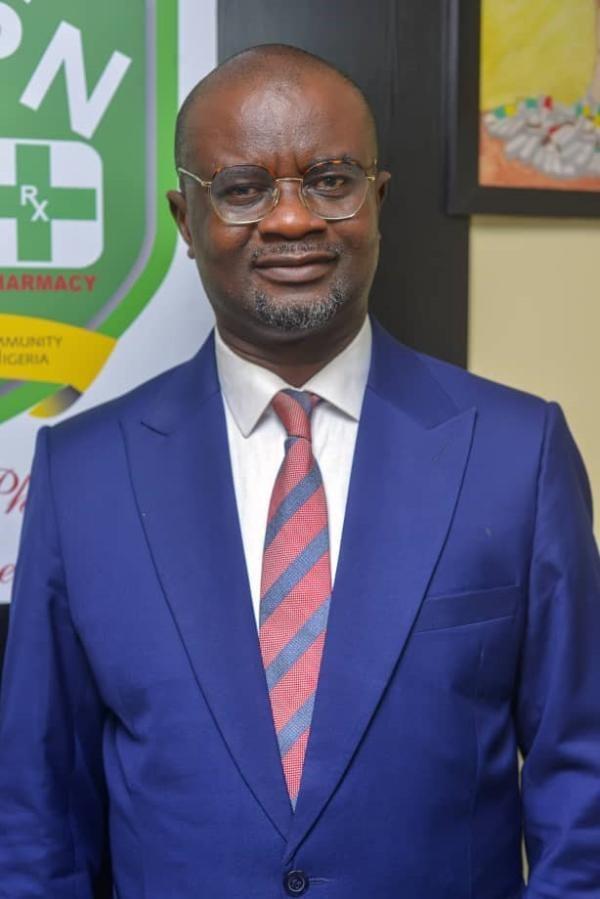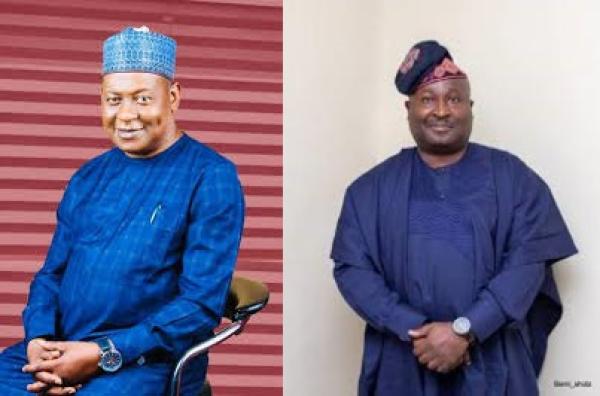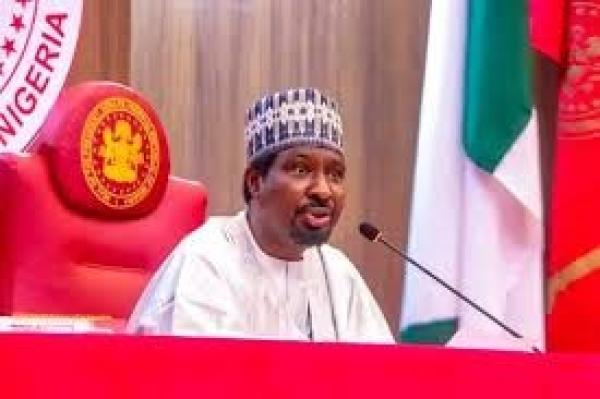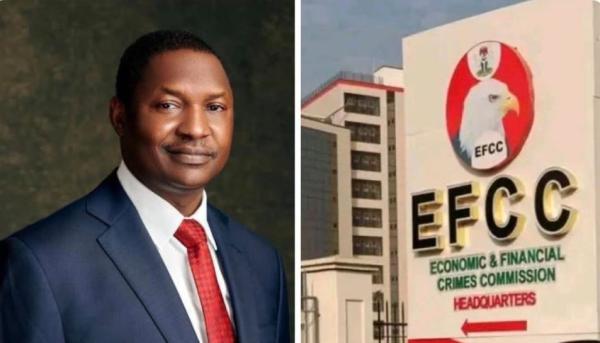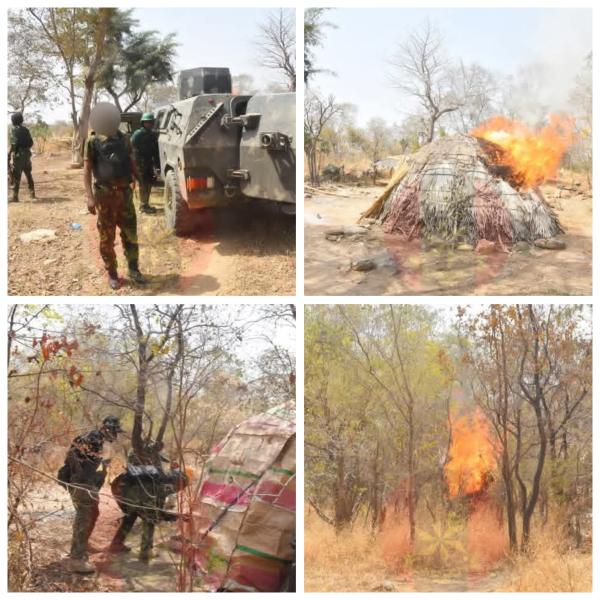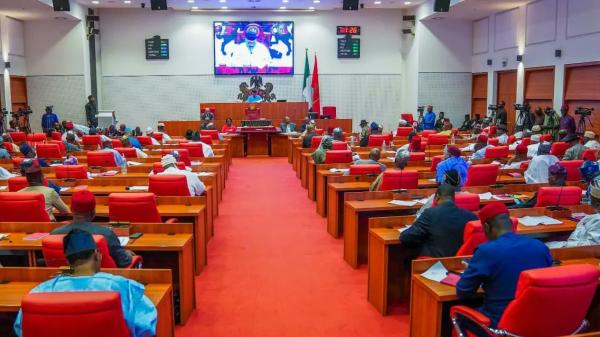
Chief Emeka Ihedioha
Irked by the way the Deputy Speaker of the House of Representatives, Emeka Ihedioha, superintended over plenary yesterday, legislators on the platform of the All Progressives Congress (APC) alternated between a brief walk out and persistent voice dissent when they re-entered the green chambers.
The sustained commotion started when Ihedioha called on Hon. Albert Tanimu Sam-Tsokwa (PDP, Taraba) to present his report on the desirability of taking a motion brought to the floor of the House since last week by Hon. Femi Gbajabiamila, seeking the lower chamber to vitiate moves by the federal government to use soldiers in the forthcoming elections.
The proposed motion was put on hold when the Speaker, Aminu Waziri Tambuwal, ruled that the House Committees on Justice, Judiciary and Rules and Business, jointly chaired by Sam-Tsokwa should study the matter and advise the House.
The motion again re-appeared on the Order Paper on Tuesday. But it was not considered because Sam-Tsokwa had asked for time to submit the report of his ad hoc committee yesterday. His request was granted.
At plenary on Wednesday, he proceeded to present a five-page advisory, which was to guide the House.
Midway through, Gbajabiamila interrupted him, raising a Point of Order. But he was ruled out by Ihedioha who told Sam-Tsokwa to proceed with his submission.
Arguing copiously, with several citations to back his arguments, Sam-Tsokwa noted that there was nothing unconstitutional about the use of soldiers for the elections.
According to him, “While the constitution does not define ‘operational use of the armed forces.’” as outlined in Section 218 (1) of the Constitution regarding the Armed Forces Act, “the Act does. By its Section 8 (3), the Act defines ‘Operational use of the armed forces,’ thus, “includes the operational use of the Armed Forces in Nigeria for the purpose of maintaining and securing public safety and public order.”
The report also indicated that parties to the motion concurred that “the matter is before the courts” and that until it (the court) decides on it, the House cannot delve into it “by virtue of our Order 9 Rule 57 (5).”
It also noted that by virtue of the House resolution “that the INEC chairman may request Mr. President to deploy the military for election duties, the House may only reverse itself on this through a motion.”
Sam-Tsokwa, therefore concluded that based on his submissions, “this motion by Gbajabiamila is effectively caught in the cobweb of both the constitution and the House Standing Orders,” thus calling for the termination of “its legislative adventure.”
At this juncture, Ihedioha, as the presiding officer, opined that “I don’t want this matter to be politicised. But I believe Sam-Tsokwa’s decision captures the decision of the joint committee.”
This ruling was greeted with raucous shouts of “no”, apparently from All Progressives Congress (APC) members. Thereafter, the proceeding was disrupted as some members left their seats to converge at the fore seat of Gbajabiamiala. On the other side of the front row seats, some People’s Democratic Party (PDP) members hailed Sam-Tsokwa, shaking his hands vigorously.
After more than 10 minutes of tense inertia punctuated by perambulations and hushed discussions around the chamber, Ihedioha sustained a point of order raised by Hon. Sunday Karimi. Then, Gbajabiamila stood up and cited Sections 88 and 89, which empowers the House to ask for a record of a court case.
“The report (Sam-Tsokwa’s) stated that there is no evidence that the case is in court. He who alleges must prove. This matter will not die,” he pronounced.
But the deputy leader of the House, Hon. Leo Ogor, countered, invoking Order 57 (6), saying that the authority of the Speaker was unassailable and must be totally respected, thus “no questions can be asked after his ruling.”
Trying to bring the matter to a close, Ihedioha observed: “If you bring a motion, sometimes you get your way, and sometimes you don’t. So, you must learn to accept whatever is the outcome.”
This did not calm the angry legislators as an attempt to continue with the proceedings by the Deputy Speaker was greeted by dissenting voices.
The deputy speaker’s attempt to get Hon. Samson Osagie (Edo, APC) to confer with him privately was stalled for some minutes as his colleagues in the APC dissuaded him from honouring the call. Eventually, he approached Ihedioha. After he left, Ihedioha called on Sam-Tsokwa and they conferred privately too.
Then he, the deputy speaker, for the third time, tried to assert his authority by saying: “After a second round of democratic exercise,” his decision stands. He quickly added a proviso that “once you are not satisfied, we are aware as leaders.”
His verdict that the session should proceed was greeted by a deafening “nay” followed by a Point of Order by Gbajabiamila which was not ruled out. It was then that the APC members staged a walk out.
Outside the chambers, the minority leader told journalists that what transpired was an indication of how PDP intends to continue ruling the country.
Recalling events that happened earlier, he regretted that “a partisan” Ihedioha tried to belittle “the majority”. “When a principal officer will not respect members, he will not be respected too as respect begets respect.
“And this thing (his motion),” he repeated, “Will not die!”
Osagie too told journalists: “Sam-Tsokwa’s submission cannot stand.
He abandoned his terms of reference.”
Afterwards, the APC members trooped back into the chamber and persisted in shouting “nay” to further proceedings until Ihedioha asked for adjournment.
Meanwhile, an elder statesman and former president of the Nigerian Senate in the Second Republic, Dr. Joseph Wayas, has said the military has no role in a democratic government and conduct of elections.
While expressing support for the postponement of the elections to March 28, Wayas described the issue of interim government as an aberration which ought not to be contemplated in a democratic setting.
Speaking in an interview with THISDAY at his Asokoro residence in Abuja, Wayas said the history of military involvement in governance would almost pale into insignificance when put side by side with giant strides achieved during the civilian era.
Against the background of the raging debate over the issue of military involvement in politics and elections, the former senate president said the armed forces should only play more of an observer role than being active.
“Well, I think that question can only come from younger persons because the military has no business with democracy at all and they know that. Where the military had played a role in democracy, they have done so trying to learn the process and after their exit, I think they would have taken notes and compared situations and wished they were never involved,” he said.
Commenting on Nigeria’s democratic journey so far, Wayas said, “I think so far, so good. But I am a little bit uneasy to hear some people still talk about interim government.
“Can you imagine that such could be advocated by even civilians who know too well that interim government is not something to be advocated in a democracy? Interim government was alien to us but was introduced by the military. So obviously democracy is the answer, whatever other forms of government you may think of, democracy is a true, natural way of forming government not only in Nigeria or Africa but the world at large.
“You see that those around the world, who seek democracy no matter the pains, are happier today. The truth is that the within the length of time we have spent in building democracy is evident that the more we practice it, the more we are able to solve our problems.
On the current mudslinging amongst politician, especially over the rescheduling of the elections, Wayas said there was no reason for the festering acrimony, adding that the shift in the date will enable the Independent National Electoral Commission (INEC) ample opportunity to prepare better for the polls.
He also dismissed fears over possible outbreak of violence based on the outcome of the elections.
“No, no, not at all. I believe that it was a good action on the part of INEC, after all they wear the shoes and they know where it pinches, to see that if they were not ready in certain ways they needed time to enable them sought out those problems.
“So from what we can see they are doing that and I say more grease to their elbow, as they continue to improve on their preparations so that when voting do come, the electoral process will become firmer and firmer.
“So I do not subscribe to those who oppose the postponement. Democracy is not an item you buy in the market shop, where you go and price it to buy.
“I have heard most of those who spoke about the election postponement, and they are agreed it was a good thing to do. Everyone I heard talking believed it was a good move even if INEC is not ready; it is still solving its internal problems.
“My advice is to Nigerians is to be patience with democracy because things will improve and they will as times go on they will learn many things they not know. At least we have not heard about someone being arrested. Even the lawmakers, they will learn few more things. It is not a gambling thing, we need more time to improve on things,” he said.
Source: THISDAY












